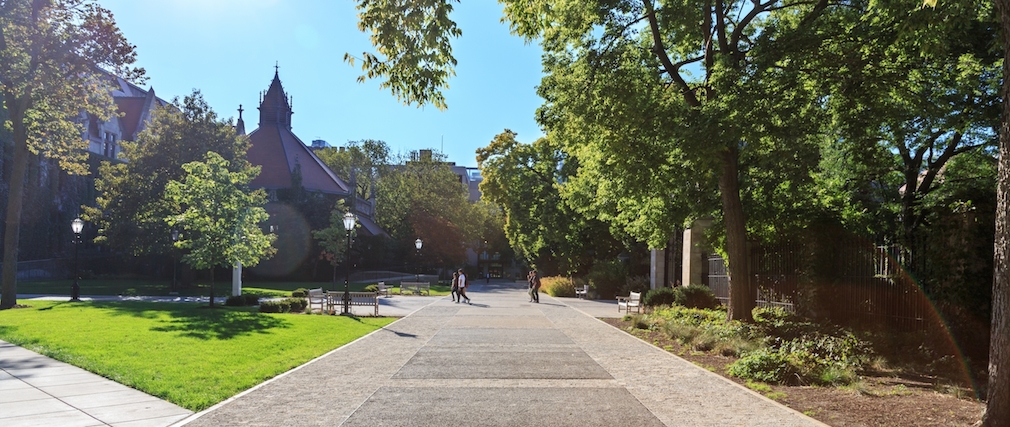Room and board is the second-highest expense for college students. Room and board on campus for a private, nonprofit, four-year college or university can average $11,516 a year. Going a little cheaper, on-campus room and board for an in-state public four-year college or university can average $10,138 a year, which isn’t much cheaper, according to the College Board’s website.
This can quickly add up after four years.
To help explain the benefits and risks of buying a home for your college student to use, Orlando Regional Realtor Association President John Lazenby, with the Colony Realty Group, lists the facts, pros, cons and tips when it comes to making a decision.
“When purchasing a home for your student, it’s vital to understand that owning a rental property is a business, and problems are likely to arise,” said Lazenby, who bought a home for his son to live in while he went to college.
“Like most business ventures, a full understanding of the arrangement by everyone involved is key, even if your child’s friends are also tenants – it can be great, but it can also create some uncomfortable situations. It’s something we would do again.”
Facts
- Purchasing real estate is a long-term investment, and typically it takes about seven years for the investment to increase in value enough to exceed the costs associated with buying and selling the property, so you’ve got to be prepared to stick it out for a while.
- Although the purchase process (buyer-seller contract negotiation, inspection, closing, etc.) is similar for primary and secondary residences, you’ll find major differences in getting a second-home mortgage.
Pros
- Money that would typically go toward renting an apartment or dorm instead goes to an investment in homeownership.
- Income from roommates or tenants after graduation can meet or even exceed the home’s mortgage and related maintenance costs.
- The house can provide you student with increased responsibility and real-life experience.
Cons
- It’s not possible to control the local housing market or economy, so an increase in value can’t be guaranteed.
- Second-home loans usually require more money down and better credit scores, and lenders take an in-depth look to ensure that a second-home buyer is financially capable of paying two mortgages – they even have formulas for calculating shortages in expected rental income.
- Property tax rules and possible deductions for second homes are very complicated and vary widely, so it’s important to talk with a tax professional before buying a second home.
Tips
- Carefully consider your current financial position and be sure you can fully support the extra mortgage and maintenance costs of a second home for an extended period of time, even if rental income will be provided by the students’ roommates.
- Whether you’re familiar with the area or not, consult with a Realtor. A Realtor can provide extensive information about the current conditions and history of the local housing market and are also usually well-versed in the idiosyncrasies of a college’s location/population.
- Will the house sit empty a few months during the summer? Is it in an area that students like?
- To best ensure the house retains its own value, maintain it with proper upkeep inside and out, as well as landscaping and major systems.
- Since it can take a while to see an increase in value that’s enough to offset the costs of buying and selling the property, be prepared to hold on to it for a while – purchase the property before a student starts school, and hold on to it for a few years after graduation (or through graduate school or siblings).


